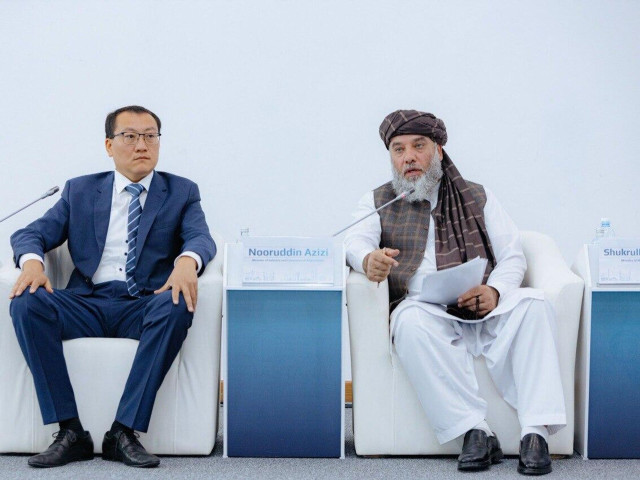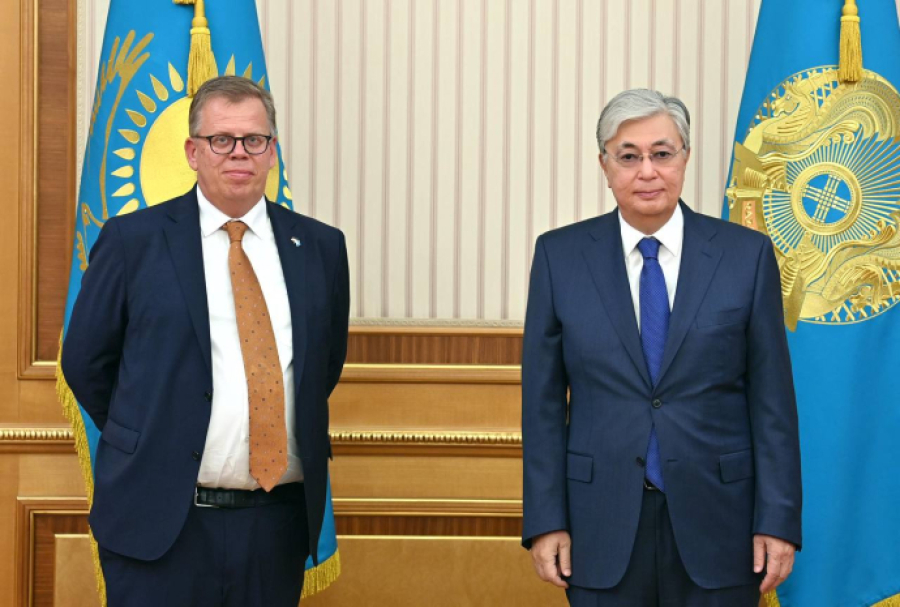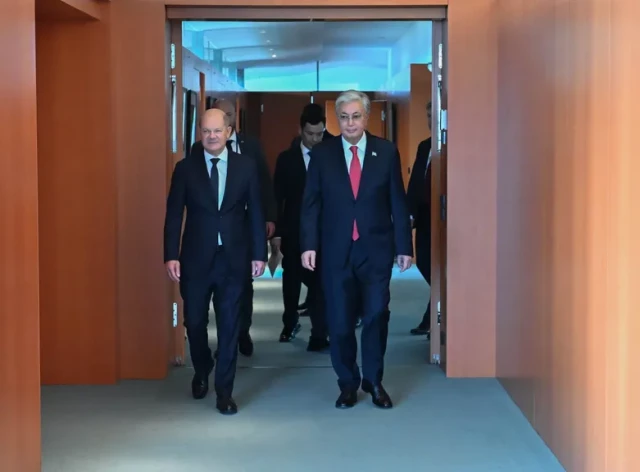
Kazakhstan and Afghanistan have
signed commercial contracts worth $106 million at a bilateral forum in the city
of Astana with the participation of entrepreneurs and representatives of business
associations of the two countries. It should be mentioned that mutual trade
between the two states is growing every year. Thus, it reached $1 billion last
year and exceeded $343.5 million in the first half of 2023. It is noteworthy
that 90 percent of the trade turnover accounts for exports from Kazakhstan to
Afghanistan which makes up 70 percent of the country’s flour exports. Now,
domestic producers are planning to expand the list of supplied products.
“The dialogue platform serves as
a basis for new projects and directions for further trade and economic
cooperation. In addition, it will allow to increase mutual trade turnover
between Kazakhstan and Afghanistan up to $3 billion in the near future.
According to our estimates, Kazakhstan has an export potential to Afghanistan
of $500 million in the food, petrochemical, chemical, metallurgical, light and
machinery sectors,” said Serik Zhumangarin, Kazakh Minister of Trade and
Integration.
“We have held negotiations with the Kazakh side and signed a number of mutually beneficial agreements. Thus, we plan to export about 100 tonnes of wheat and 30-40 carriages of sunflower oil from Kazakhstan every month. Besides, our parties have agreed to establish a joint chamber of commerce and industry for entrepreneurs. We are confident that this will give a strong impetus to the development of relations between the two countries,” said Al-Haj Khairuddin Mayel, Commercial of Deputy, Afghanistan Chamber of Commerce and Investment.
It bears noting that the transit
and transport interaction between the parties has great potential as well. It
can ensure sustainable interregional cooperation between all Central Asian and
South Asian states. Moreover, Afghanistan can become a corridor for Kazakhstan,
connecting it to the markets of Pakistan, India and the Middle East. During the
forum, the two countries also agreed to enhance cooperation in energy,
infrastructure and telecommunications.









